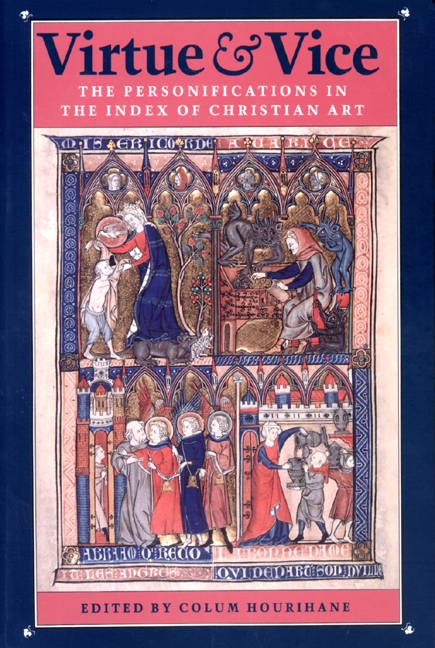
If this is the case, persons are not skindividuals. In particular, mandevillian intelligence forces us see the potential epistemic value of (e.g., technological) interventions that create, maintain or promote individual forms of intellectual vice. Virtues can be extended, in the sense that the grounds for a persons virtues might not be inside that individuals skin. In addition, mandevillian intelligence is relevant to the nascent sub-discipline of applied epistemology. From a virtue epistemological perspective, mandevillian intelligence encourages us to adopt a relativistic conception of intellectual vice/virtue, enabling us to see how individual forms of intellectual vice may (sometimes) be relevant to collective forms of intellectual virtue. Virtues and vicesprudence and pride, fortitude and anger, faith and lust, hope and envy, charity and sloth, temperance and gluttony, justice and avaricebecome entangled, superimposed, intertwined, illegible, canceling each other out while at the same time appearing to create new words. Beyond this, however, mandevillian intelligence raises issues that are relevant to the research agendas of both virtue epistemology and applied epistemology.


As a specific form of collective intelligence, mandevillian intelligence is relevant to a number of debates in social epistemology, especially those that seek to understand how group (or collective) knowledge arises from the interactions between a collection of individual epistemic agents. When this idea is transposed to the epistemological domain, mandevillian intelligence emerges as the idea that individual forms of intellectual vice may, on occasion, support the epistemic performance of some form of multi-agent ensemble, such as a socio-epistemic system, a collective doxastic agent, or an epistemic group agent. Migrations, character vices & virtues, cultural clashes and family intrigue are all both tools and challenges for the player, coupled with improved historical accuracy, realistic economy and balanced battles. Mandevillian intelligence is a specific form of collective intelligence in which individual cognitive shortcomings, limitations and biases play a positive functional role in yielding various forms of collective cognitive success. Extended Cultures pushes the RTW engine to the limits, aiming to give to the player a deep and complex experience similar to Paradox games.


 0 kommentar(er)
0 kommentar(er)
